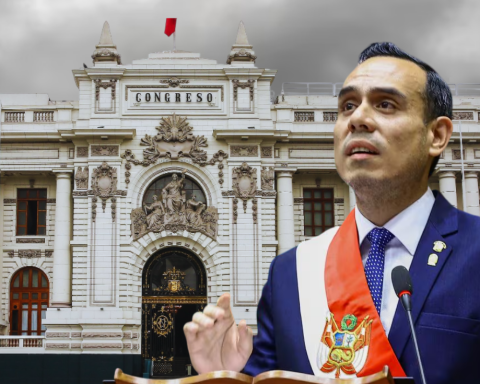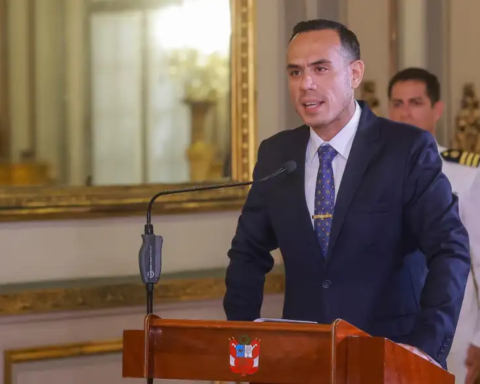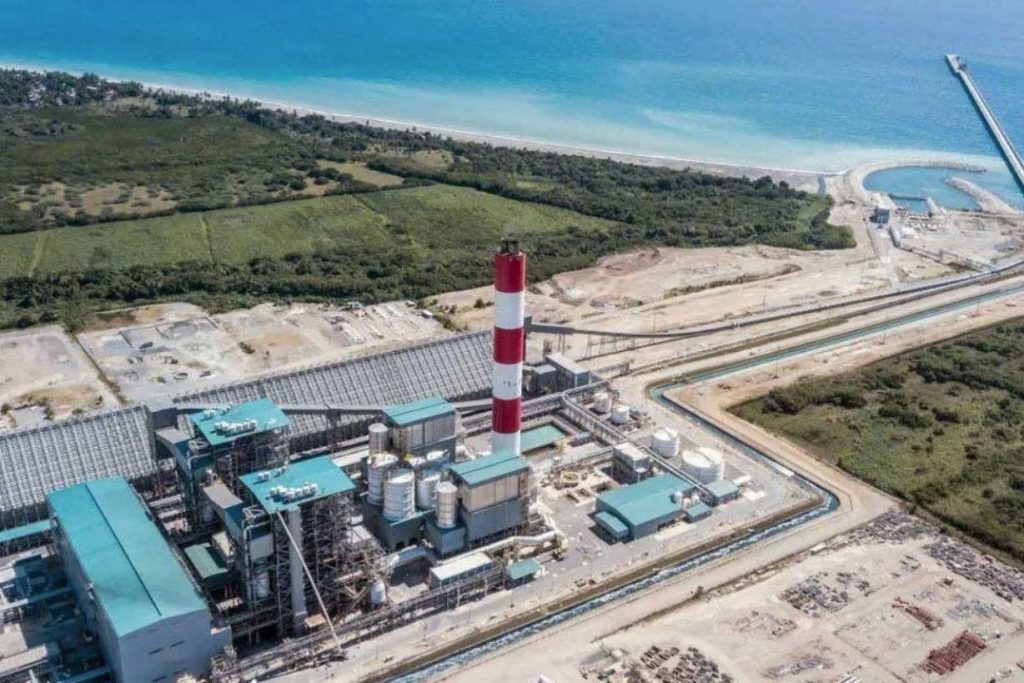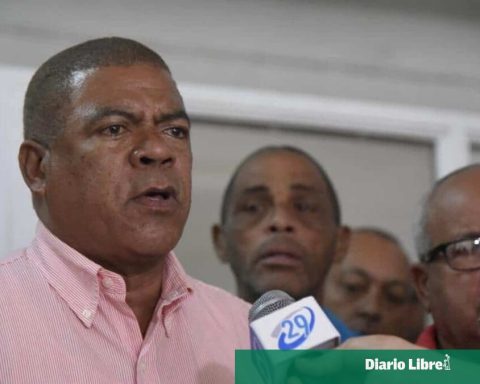The Superintendency of Banking, Insurance and AFP (SBS) announced before the Congressional Consumer Defense Commission (Codeco) that next week he will publish a draft resolution which proposes making voluntary the contracting of credit credit insurance, except for mortgage loans. This, according to the SBS, with the purpose of protecting users of the financial and insurance system.
LOOK: FAO: Peru is the fourth largest fisheries producer in the world
This announcement has generated controversy. First, because Congress does not seem to be the most appropriate place to announce regulatory projects that are subject to suggestions from the industry and citizens. Furthermore, the anti-technical laws approved by said commission in recent years have ignored the opinions of the BCR and the SBS itself, negatively affecting the financial system and the AFPs. Examples of this are the seven pension fund withdrawals and the interest rate cap law.
The second cause of the controversy is that the SBS presents this rule as a protection for users, insinuating, in some way, that they would currently be unprotected against financial entities.
Doubts about benefit
Another criticism of the rule is the supposed benefit that it would have for debtors to make the contracting of credit insurance voluntary, since, according to experts, this would not necessarily imply a reduction in the cost of credit.
For Miguel Palomino, president of the Peruvian Institute of Economics (IPE), contracting insurance could be voluntary (in a scenario without adverse selection). However, the cost of taking out a loan without insurance should be higher than taking out a loan with insurance. Therefore, voluntariness would not necessarily imply a lower cost of credit.
Additionally, Palomino noted that it’s unclear why lien insurance would be required for mortgages and not other types of loans.
For his part, Enrique Castellanos, professor at the Faculty of Economics at the Universidad del Pacífico, agreed that making credit credit insurance voluntary would not necessarily represent savings for debtors. He added that, since financial institutions are not insurers, they could charge a higher amount to cover the mortality risk of those who choose not to purchase coverage.
“Financial entities will say that granting a loan with credit insurance, where they can recover the capital if something happens to the client, is not the same as without that insurance. They will probably even increase the rates to cover that risk, since it is not their specialty,” he explained.
Jorge Solís, president of the Federation of Municipal Savings and Credit Banks (FEPCMAC), reported that the savings banks will meet next week to discuss the SBS initiative, although he announced that he considers the proposal “nonsense.” He explained that his clients’ credits are unsecured and that lien insurance helps reduce the risk of loss.
Also, Juan José Marthans, former head of the SBS, was in favor of the proposal, but warned that it would not necessarily translate into a lower cost for the user.
Thus, the SBS has opened an issue in which it should clearly address the impact it will have on clients.
RECOMMENDED VIDEO

















